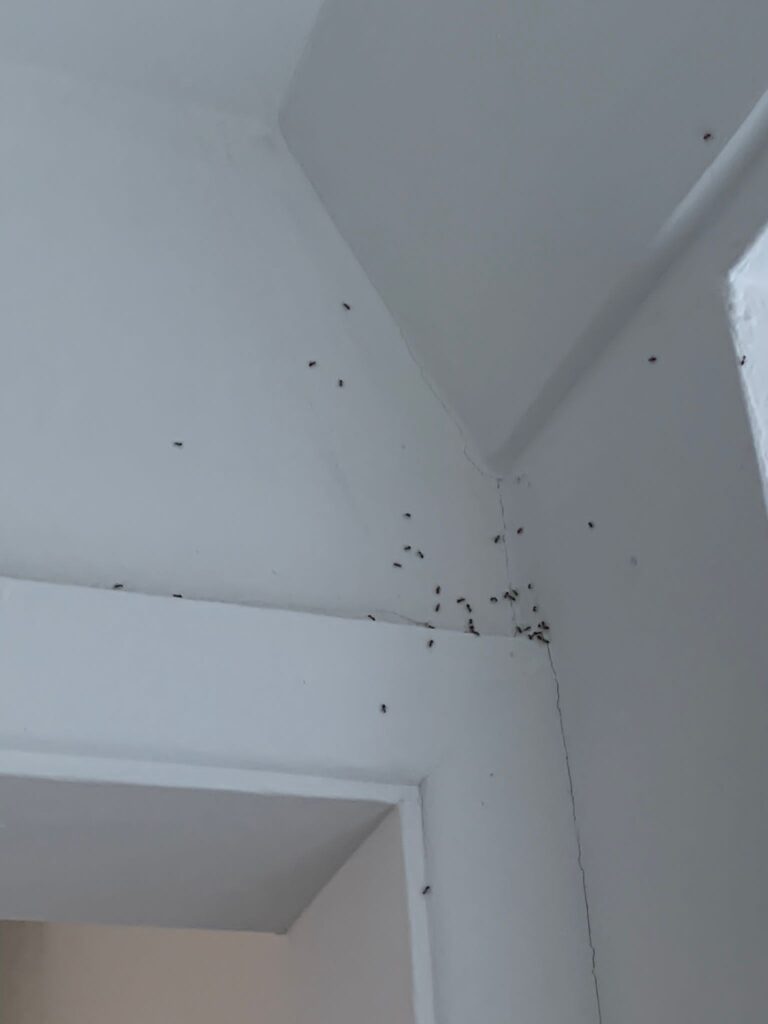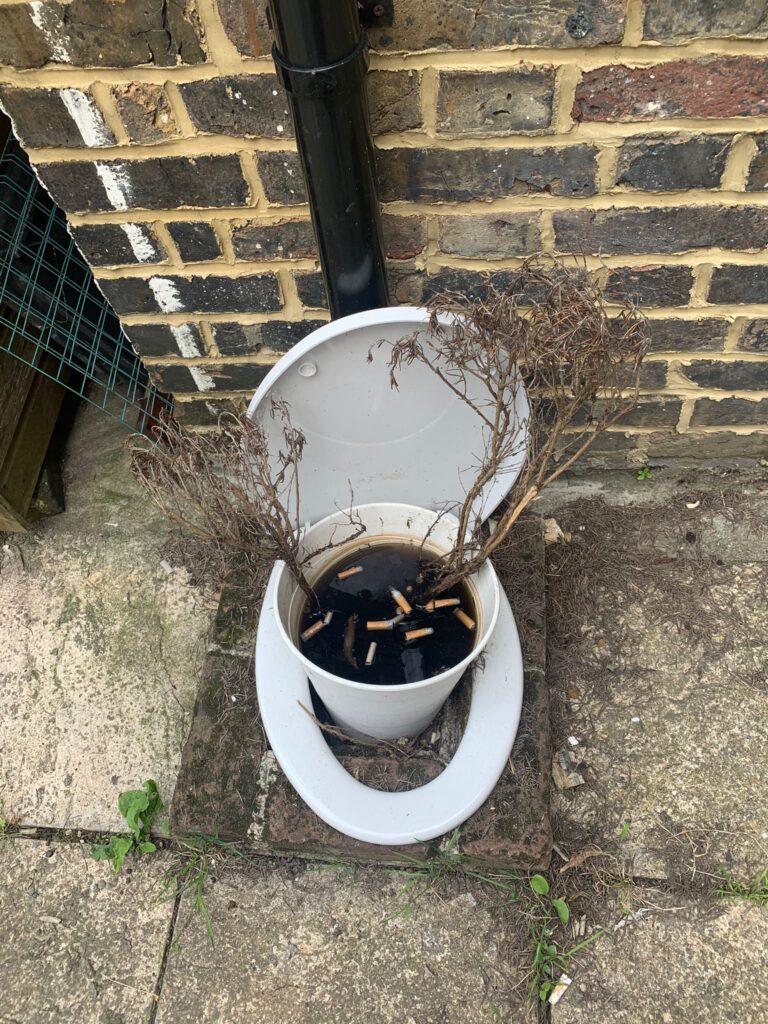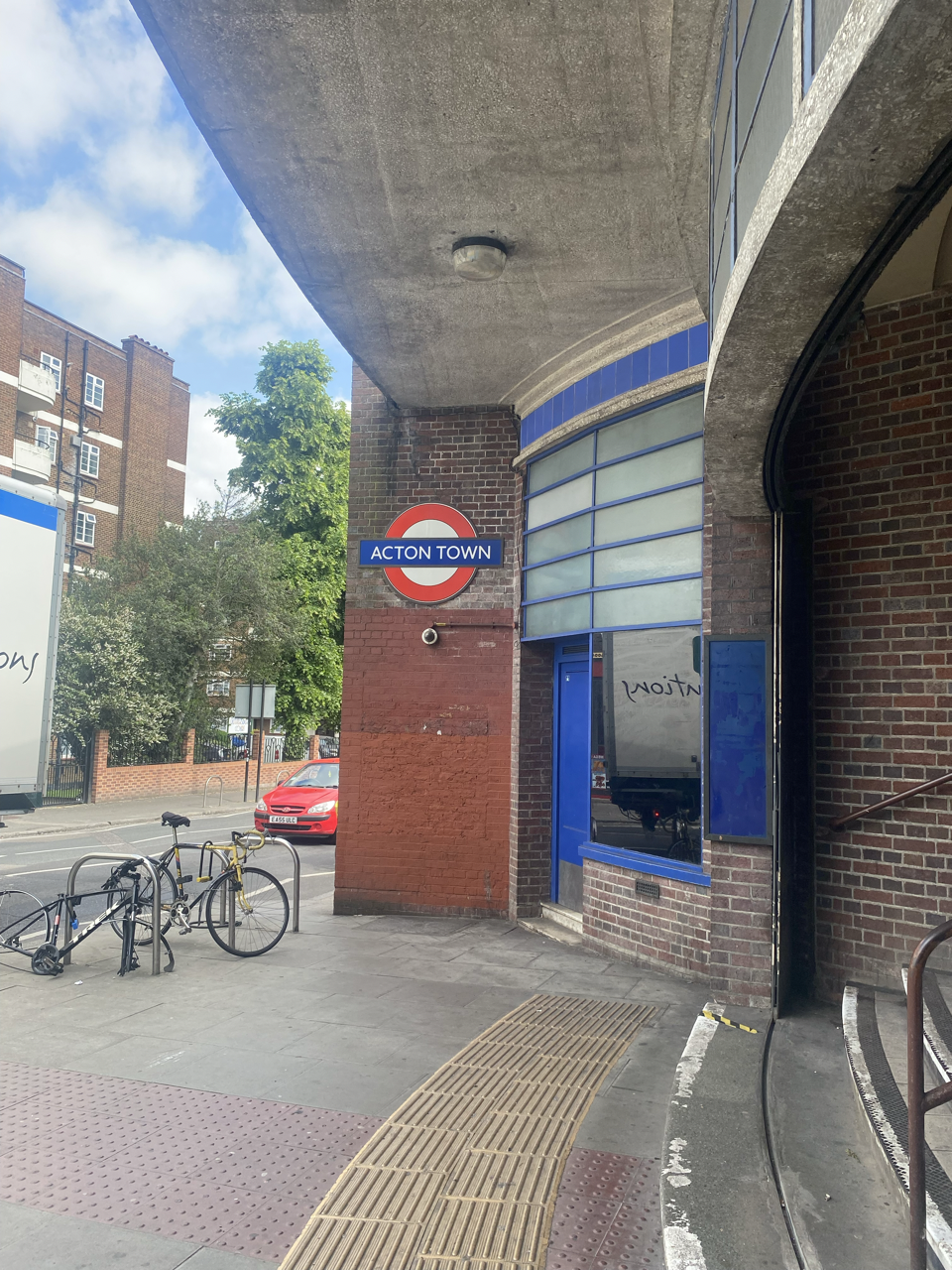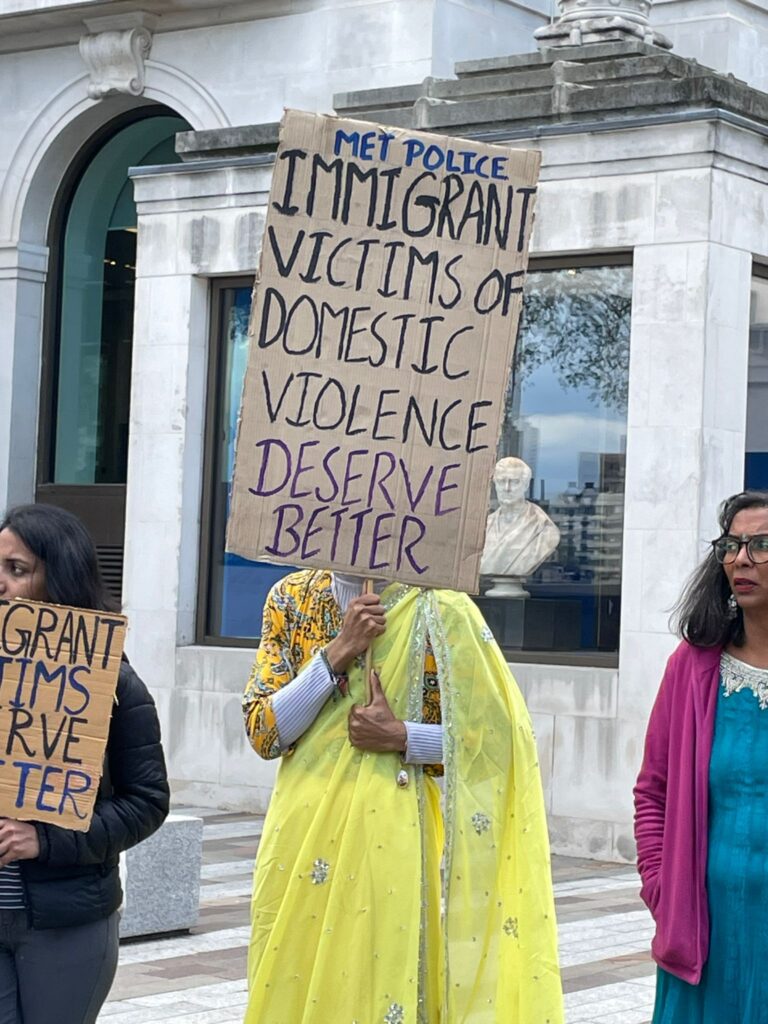When Sophie Thomas, 25, moved into her new house in Fulham in 2018, she was met by mould, mice and eight strangers. Despite finding herself living in what felt like a particularly unsafe house, this was all she could afford as a university student.
Very quickly, Thomas began to feel terrified for her safety as a young woman renting a house full of strangers. “The guy who lived in the room next to me was waving a knife around in the kitchen one evening,” remembers Thomas, as she explains how she felt compelled to install a lock on her bedroom door to protect herself.
This is the sad reality for many young women in London who have to suffer bad quality and often unsafe housing in an extortionate market; they simply cannot afford it anywhere else. The housing crisis is especially difficult for single women and recent graduates, who are on low salaries and often struggle to afford private renting.

According to the Women’s Budget Group, there is no region in England where the average home to rent is affordable to women. If a woman is fortunate enough to even consider buying a home, they would need over 12 times their annual salary to be able to do so.
There is often little compassion found for young women from housing agents, as Thomas would find. She explains how her agency wouldn’t listen to her problems and refused to help her. “The agency was utterly dreadful. They did not help with anything,” she explains. “When I moved out, they took £100 from my deposit because I’d put the lock on my door for my own safety.”
Rozita Leetham, 25, experienced the impact of the failings of agencies in London to provide adequate and affordable housing.
“The guy who lived in the flat before us burnt mattresses in the back garden. When we moved in none of it had been taken away,” she recalls. “There was broken glass and bits of rotting furniture in the garden. It was not a safe environment to move into.”
Leetham’s renting experience was compounded by a mouse infestation. “The mice were the worst. For months I could hear them in my ceiling. When I got home from Christmas there was a dead mouse in my bed,” she said. “When we reported all of our issues, they were not fixed. Our estate agent was awful.”
The experiences of Thomas and Leetham, sadly, are not isolated cases. However, many housing associations are trying to change this.
Also Read : The new generation of British police
New plans have been approved to build the UK’s first women’s-only social housing tower block in Ealing, West London. The plans, led by Women’s Pioneer Housing, hope to offer affordable homes to women who face inequality, such as those affected by domestic abuse and those on low salary incomes, especially black and minority ethnic women.
Budget cuts to women’s refuges have meant that one in five women are turned away from temporary accommodation. This leaves many women who face abuse with an unthinkable choice: to either return to an abusive household or to face homelessness, unable to afford to live on their own.
Although female-only housing options have existed for a long time on sites like Spare Room, this is the first time that a social housing block will provide housing spaces purely for women.

The Social Housing Action Campaign (SHAC) also works towards providing safe and affordable housing in London.
Suzanna Muna, SHAC Secretary, stresses the necessity to help young women through the housing crisis.
“As the data shows, there is still a large pay gap between men and women in work, which further reduces the choices they have,” she explains. “It is a problem in all areas, but in big cities, house prices tend to be higher and therefore the problems are more acute.”
Muna believes that the initiative can succeed, so long as the housing block is properly regulated to keep its tenants safe.
These attitudes are shared by Barbara Karayi, a housing solicitor and Ealing resident, who worries not enough is done to protect women currently. “Anti-social behaviour is already very high around Acton tube station, and a block with women will attract the usual exploiters’” she insists.
Organisations such as Women’s Pioneer Housing and SHAC are striving to change the lives of women and to build a future of affordable and safe housing for the next generation of women in London.
Having suffered through the London renting market, Rozita Leetham embraces the idea of women-only social housing. While she echoes the concerns that proper regulation is required, she is hopeful this can help young girls who find themselves in the position she did.
“Having targeted solutions to targeted problems is really helpful. If I’m facing specific dangers from men in society, then being in an all-women’s space [at home] can be something that gives me comfort,” she says.










